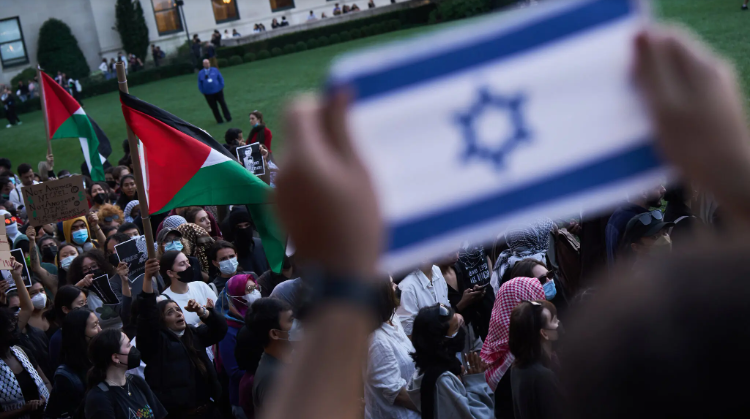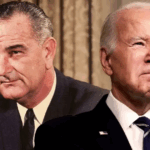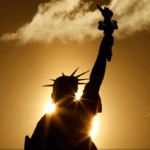Summary by Geopolist | Istanbul Center for Geopolitics:
The article explores a troubling pattern: how Israel systematically labels its critics—whether they are human rights activists in Jerusalem, aid workers in Gaza, or student protesters in New York—as somehow linked to terrorism. These claims are often made without credible evidence. But even when they are baseless, the damage is done. Careers are derailed. Organizations lose funding. Students are smeared. And, crucially, the space for honest, open dialogue about the Israeli-Palestinian conflict gets smaller and smaller.
This tactic isn’t new. The author shares a personal account from 2008, when he served with the U.S. Security Coordinator (USSC) in the West Bank during a delicate phase in the peace process. At the time, Israel was reluctant to follow through on its commitments—like removing checkpoints or scaling back military patrols—claiming the Palestinian Authority wasn’t doing enough to combat terrorism. Their main complaint? That the PA would arrest alleged militants only to quietly release them later—a so-called “revolving door” of justice.
To get to the bottom of it, the author led a formal investigation alongside British and Canadian colleagues. What they uncovered became known as the Jenin Revolving Door Report. It painted a more complex—and uncomfortable—picture. Yes, the Palestinian justice system was struggling. Laws were vague, courts were overwhelmed, and resources were stretched thin. But the Israeli claims weren’t just exaggerated—they were often wildly inaccurate.
The Israeli military would hand over lists of people to be arrested, often without explaining why. Some names were of people who had died. Others had already been detained. The lists lacked evidence. They amounted to intelligence tips, not legal cases. And Israel refused to provide anything more, citing “security concerns.”
What the report quietly exposed was a kind of hypocrisy: Israel was accusing the Palestinians of a “revolving door” while operating one of its own. Many Palestinians detained by Israel weren’t charged or tried. They were held, interrogated, and released—used as tools in a broader intelligence-gathering game. Arrests weren’t always about justice or safety; they were often about control.
Fast forward to today, and that same playbook is being used again—only now the targets aren’t just Palestinians in the West Bank. They’re NGO workers. UN employees. College students.
In 2022, Israel raided and shut down six respected Palestinian human rights groups, accusing them of links to the Popular Front for the Liberation of Palestine (PFLP). The accusations made global headlines. Western governments cut ties. Funding dried up. But when pressed for proof, Israel had none. Months later, many of those same governments quietly reestablished relations with the groups—but the damage had been done.
Even the UN hasn’t been spared. Israel claimed this year that over 100 staff members of UNRWA— the main UN agency serving Palestinian refugees—were secretly members of Hamas. Yet again, no solid evidence was shared, and UNRWA, despite asking for details, was left in the dark. Meanwhile, calls to defund the agency grew louder.
And now, in a move that stretches the bounds of plausibility, Israeli-affiliated legal groups in the U.S. have accused Columbia University’s Students for Justice in Palestine of having foreknowledge of the October 7 Hamas attacks. The basis for this claim? One Israeli hostage reportedly told interrogators that his captors mentioned American students knew something. That’s it. No documents. No messages. No warning to Iran—Hamas’s main backer—but somehow, college students in New York were tipped off? It’s not just absurd. It’s dangerous.
What ties all of this together is a clear and consistent strategy: weaponize terrorism allegations to silence critics, and rely on fear to discourage scrutiny. These accusations rarely hold up under close examination—but by the time the truth comes out, the reputational and institutional harm is already done.
The author ends with a warning and a call for integrity. We, the international community—governments, journalists, institutions, and ordinary citizens—must demand better. When someone is accused of terrorism, the burden of proof should be on the accuser. If Israel cannot provide solid evidence, its claims should be treated with the same skepticism we’d apply to any other state.
Because when we don’t question these claims—when we allow smear campaigns to define policy or silence human rights work—we become complicit in the erosion of truth, justice, and ultimately, peace.
Read more here.







